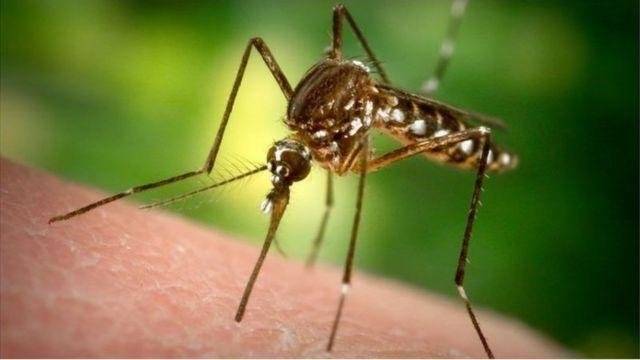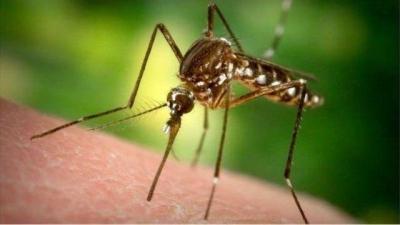In an effort to stop the spread of invasive mosquito species that transmit malaria, a company has recently launched tens of thousands of genetically modified mosquitoes in Djibouti. In an unusual concept, Oxitec, a UK-based biotechnology company, has developed a gene that kills female offspring of mosquitoes before they reach maturity, as only female mosquitoes bite and transmit malaria and other viral diseases.
Non-Biting Mosquitoes Released
Gray Frandsen, the company's head, revealed that they have developed mosquitoes that do not bite and do not transmit diseases. He mentioned that upon release, these friendly mosquitoes seek out wild female mosquitoes and mate with them, according to a report from the British "BBC" network. The lab-produced mosquitoes carry a "self-limiting" gene that prevents the offspring from surviving to adulthood when mated. Only male offspring survive, but they will eventually go extinct, according to the scientists behind the project.
Frandsen explained that there have been no documented negative effects on the environment or human health for over 10 years due to this technology, with a billion modified mosquitoes released by the developers. He added that they are non-toxic, non-allergenic, and targeted at specific species, noting that there are no genetically modified genes in the saliva of the mosquitoes, and according to Oxitec, even someone who is bitten by the mosquito will not be affected by the genes.
Successful Technology
If this experiment is successful, larger-scale field trials and the final operational release of the mosquitoes will continue until next year in the country. It is noteworthy that similar technology has been successfully used in Brazil, the Cayman Islands, Panama, and India, according to the U.S. Centers for Disease Control and Prevention (CDC). The CDC states that over a billion of this type of mosquito have been released worldwide since 2019. Malaria is a deadly disease that kills at least 600,000 people every year globally, with nine out of ten fatalities occurring in the Sub-Saharan Africa region, according to the World Health Organization.




